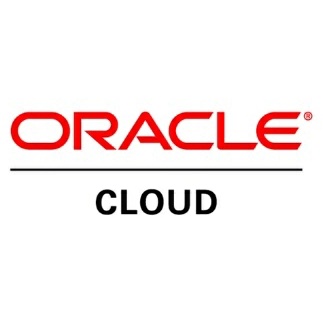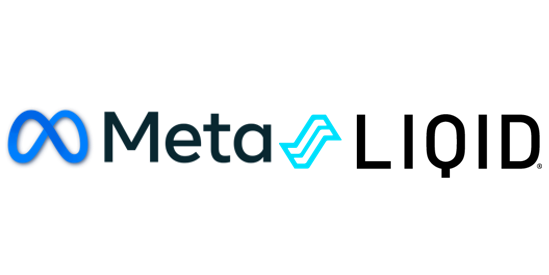 Oracle announced today that Nissan Motor Co. is migrating its on-premises engineering simulation HPC workloads to run on the Oracle Cloud Infrastructure.
Oracle announced today that Nissan Motor Co. is migrating its on-premises engineering simulation HPC workloads to run on the Oracle Cloud Infrastructure.
Nissan uses computational fluid dynamics (CFD) and structural simulation techniques to design and test cars for external aerodynamics and structural failures. Oracle said Nissan chose its cloud platform for its bare-metal compute, RDMA networking, low latency and storage services optimized for HPC applications.
“Nissan is a leader in adopting cloud-based high performance computing for large scale workloads such as safety and CFD simulations,” said Bing Xu, General Manager, Engineering Systems Department, Nissan Motor Co, Ltd. “We selected Oracle Cloud Infrastructure’s HPC solutions to meet the challenges of increased simulation demand under constant cost savings pressure. I believe Oracle will bring significant ROI to Nissan.”
Oracle Cloud Infrastructure offers an Intel Xeon based bare-metal compute infrastructure with RDMA cluster networking with latencies of under two microseconds and 100 Gbps bandwidth, enabling large scale HPC migrations to the cloud, Oracle said.
Nissan is one of the first automotive OEMs to leverage GPU technology in Oracle Cloud Infrastructure for structural simulation and remote visualization, according to Oracle. “By using Oracle’s bare-metal GPU-accelerated hardware, Nissan reduces the cost and overhead of large data transfer, while ensuring that all the data generated by simulation jobs can easily be viewed in 3D OpenGL format in the cloud…. With Oracle Cloud Infrastructure, Nissan can launch tens of thousands of cores and GPU-based high-end visualization servers with tremendous flexibility, enabling them to dynamically change compute and remote 3D visualization based on the needs of its engineers.”
“Oracle is excited to work alongside Nissan to change digital product design and development, and help them build the next generation of award-winning vehicles,” said Clay Magouyrk, executive vice president, Oracle Cloud Infrastructure. “Our mission has always been to build the best cloud infrastructure for enterprises, including computationally intensive and extremely latency sensitive workloads that organizations like Nissan need to build the next generation of vehicles.”




